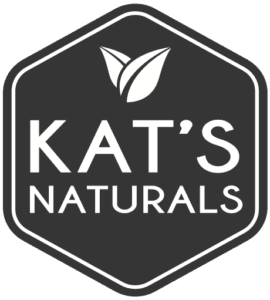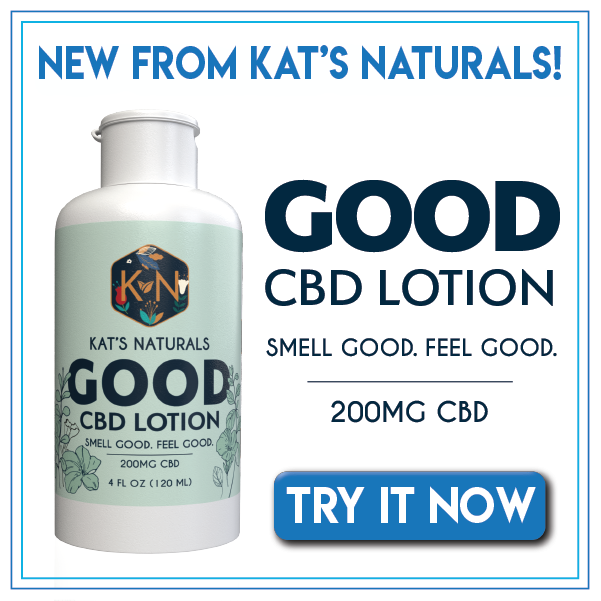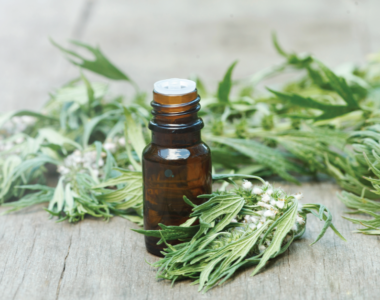No products in the cart.
Rosacea is one of the most common skin conditions. If you’re dealing with it, you’re definitely not alone, but that truth doesn’t make rosacea easier to live with.
Luckily, you don’t have to put up with the side effects of this condition forever. There are several natural remedies for rosacea that can provide the same benefits as traditional products. The only difference is that natural remedies contain great ingredients that don’t cause additional harm to your skin.
Even better, if you buy these remedies from a reputable brand, you’ll get products that are vegan, organic, and sustainably sourced. With those benefits, you’ll have healthy skin again in no time, which is why natural remedies for rosacea are worth trying.
But before diving into what those specific remedies are and where you can easily buy them, it’s essential to understand everything about the skin condition you’re trying to manage.
What causes rosacea?
Rosacea is a skin problem that leads to visible blood vessels in your face and blushing or flushing. It can cause bumps that look a bit like acne, but they’re small and full of pus. And a flare-up can last for weeks to months before going away for a while.
Currently, doctors aren’t entirely sure what causes rosacea, but they know it can affect anyone, even though it’s most common in white, middle-aged women. Doctors also believe that, while the causes are unknown, certain factors may be the culprits. For example, doctors think four things could play a significant role:
- Genetics: Does rosacea run in your family? If so, there may be a higher likelihood of you developing the skin condition as well. Of course, this isn’t always the case, but it’s worth considering.
- Trouble with blood vessels: The redness that you notice on your skin could result from issues with the blood vessels in your face. For instance, sun damage could widen them, making them more visible to others.
- Mites: These are tiny insects, and a specific type called Demodex folliculorum typically lives on your skin, but they aren’t harmful. However, it’s possible that you’re more sensitive to these mites or contain more than usual, which could irritate your skin.
- Bacteria: In your gut, there’s a specific type of bacteria called H. pylori. This germ may increase the amount of gastrin, a digestive hormone, leading your skin to look flushed.
Other factors that may contribute to rosacea but haven’t been heavily researched include:
- Red wine or other alcoholic drinks
- Hot drinks
- Spicy foods
- The wind or sun
- Emotions
- Some skin, hair, and cosmetic products
- Exercise
- Drugs that dilate your blood vessels, including some medications
One thing to remember, though, is that rosacea is not contagious, and it doesn’t come from poor hygiene. You can confidently scratch those two possibilities off your list.
What are the symptoms of rosacea?
While the causes of rosacea are still up for debate, the side effects of the condition are well-known. If you’re struggling with rosacea, you may experience the following symptoms:
- Spider veins on your face: These are small blood vessels in your cheeks and nose that break and become visible.
- Facial flushing or blushing: Consistent flushing or blushing in the central area of your face is common with rosacea.
- A burning sensation: The part of your skin that’s affected by rosacea may feel tender and hot.
- Bumps: Bumps usually appear on your face that are swollen and pus-filled. These bumps might resemble acne.
- An enlarged nose: Over time, rosacea can cause the skin on your nose to thicken, making it appear bulbous. However, this side effect is more common in men than in women.
- Eye issues: Sometimes, rosacea can lead to swollen, irritated, and dry eyes and eyelids. When this happens, it’s called ocular rosacea.
These symptoms can be uncomfortable and challenging to deal with, but again, there are natural remedies for rosacea that can help.
Nine soothing natural remedies for rosacea
There are nine all-natural remedies for rosacea that can help give you healthy and clear skin. Many of them are essential oils, and you can find them in creams or lotions like Kat’s Naturals Good Lotion. So, without further ado, here are nine natural remedies for rosacea.
1. Lavender
Lavender is a gentle essential oil with anti-inflammatory properties that renew your skin. It’s a popular remedy for various skin conditions, and it’s an especially great option if you have sensitive skin. Lavender’s dominant terpene is linalool, and it’s known for its soothing effects.
Another great thing about lavender is that it’s excellent at killing bacteria to help unclog pores and reduce acne breakouts. It’s also known for its uplifting, relaxing, and calming properties, making it the perfect essential for relieving tension.
2. Lemongrass
Lemongrass can help control excess oil on your skin since it’s a natural astringent. Research also shows that lemongrass has antibacterial properties, so it’s extremely helpful in fighting bacteria that cause pimples.
3. Rose
This essential oil is a potent anti-inflammatory and antioxidant agent. It can help reduce the appearance of aging skin while increasing elasticity. On top of that, rose essential oil can renew skin cells, and it can protect your skin from free radicals. But another benefit that may be especially helpful if you have rosacea is rose’s ability to decrease puffiness and redness on your skin.
4. Sandalwood
Sandalwood is a great natural remedy for rosacea. It has various therapeutic properties, including anti-inflammatory, antimicrobial, antiviral, antiproliferative, and antiseptic effects. Sandalwood can also help with scarring, inflammation, eczema, psoriasis, and acne.
5. Wild Orange
Limonene is the primary chemical agent in wild orange essential oil. Specifically, it’s a monoterpene with wonderful cleansing properties when you use it on your skin. Wild orange also has an uplifting aroma, which doesn’t hurt either.
6. Clove
This natural remedy has antiseptic and antibacterial properties. It has eugenol in it, which is a compound that helps reduce acne. A study even suggests that clove is particularly effective in combating the strains of Propionibacterium, which lead to acne.
7. Frankincense
It’s easy to love frankincense essential oil because it helps promote feelings of relaxation. However, this remedy is also an antibacterial agent that can help decrease skin imperfections.
Studies also indicate that frankincense has tissue remodeling and anti-inflammatory properties. Additionally, it’s great at strengthening your skin and enhances its elasticity, tone, and defense mechanisms against blemishes and bacteria.
8. Myrrh
The last essential oil that may be great for rosacea is myrrh. This natural remedy has astringent properties that strengthen your skin cells, resulting in faster regeneration. It may be especially beneficial for acne, dry, and chapped skin.
9. Cannabidiol (CBD)
CBD is a naturally occurring cannabinoid in the hemp plant, and it’s federally legal to use in the United States. It’s non-psychoactive and has many therapeutic properties for your skin. Specifically, studies suggest that CBD can help alleviate acne, dryness, itching, infections, and more.
Start with natural remedies
When you’re dealing with rosacea, you have a lot of treatments at your disposal. But if you can, start with natural remedies first. You don’t always need to take a traditional route. And if your dermatologist thinks you can benefit from using natural remedies for rosacea, get them a try. These solutions are non-toxic and soothing, so you have nothing to lose.
Ready to try a vegan, organic, and sustainably-sourced natural remedy for rosacea? If so, try Kat’s Naturals Good Lotion.





